The second phase of the US-China trade war is said to have officially begun, as President Donald Trump continues to "fire" first. A heavy tariff on Chinese goods, making Beijing unable to stand idly by. And although the game may have "no winners", China has determined "not to lose".
 |
| The US-China trade war is a never-ending “game”. (Source: Getty) |
The next phase of the US-China trade war has begun, as President Trump's new 10% tariff on all imports from China took effect. China has officially responded with tariffs and sanctions of its own.
On February 1, new US President Donald Trump announced that his government would impose tariffs on goods from China, Canada and Mexico, for allegedly failing to cooperate to prevent "fentanyl and other drugs from flowing into the United States." The tariffs took effect at midnight on February 4.
No one wins, but Beijing doesn't lose
The Canadian and Mexican governments have both secured at least a temporary reprieve, with the U.S. administration agreeing on Feb. 3 to delay tariffs for 30 days in exchange for increased border enforcement. China has no such agreement.
Since February 4, all imports from China to the US have been subject to an additional 10% tariff - in addition to the existing tariffs and duties imposed under the Biden administration. Many analysts believe that the announcement of increased tariffs on Chinese goods is just a "bargaining chip" by Mr. Trump, aiming to create leverage to reach a final agreement. But while Mr. Trump has a habit of "strike first" and then withdrawing to "bargain" for concessions from partner countries, tariffs on China are different - additional tariffs were imposed on imports from this country during Mr. Trump's first term, through President Biden's term, and are still in place to this day.
Shortly after the new tariffs were announced, a Chinese Foreign Ministry spokesperson said, "China firmly condemns and opposes this move and will take necessary countermeasures to safeguard its legitimate rights and interests."
The statement accused the US of "severely violating WTO rules", while once again reiterating that "there are no winners in a trade and tariff war".
But while the game may have no winners, China is determined not to lose. As the US tariffs took effect, Beijing responded with its own sanctions.
China’s Ministry of Commerce announced on February 4 that Beijing is imposing new tariffs on some imports from the United States. Coal and liquefied natural gas will be subject to a 15 percent tariff, while crude oil, agricultural machinery, large cars and pickup trucks will be subject to a 10 percent tariff. The official announcement made clear that Beijing’s new move is related to the Trump administration’s use of tariffs on Chinese goods.
China does not import much energy from the United States to meet its domestic needs. In 2024, US energy sources will account for just 1.7% of Asia’s No. 1 economy’s total crude oil imports for the year, Reuters noted. US LNG will account for just 5.4% of China’s imports, although US LNG sales to the Asian country have increased. The US is also not a major source of coal for China, accounting for only about 3% of the country’s imports.
In addition to imposing tariffs, Beijing also announced that it is filing a case against the United States at the World Trade Organization (WTO). However, this is a purely symbolic gesture at this point, as the US refusal to accept new arbitrators has long paralyzed the WTO's dispute settlement mechanism.
However, this allows China to claim that it has a more moral stance, as its Ministry of Commerce did in its statement on the WTO case: "China is a firm supporter and important contributor to the multilateral trading system. We are willing to work with other WTO members to jointly address the challenges to the multilateral trading system caused by unilateralism and trade protectionism, and maintain the orderly and stable development of international trade."
Turning the supply chain into a "weapon"
China’s Ministry of Commerce also announced new export controls on tungsten and 25 other rare earth metals. The ministry’s official statement did not mention the US tariffs or characterize the export controls as retaliation, instead saying the move was necessary to “better safeguard national security and interests” and fulfill China’s non-proliferation obligations.
However, as international analysts have noted, China’s export control order, although not officially targeted at anyone, has a “shadow” of political motives. This latest ban also fits the criteria of a broader directive (12/2024) – restricting exports of critical minerals to the US, taking advantage of China’s overwhelming dominance in the supply chain, to prevent access to materials used in advanced technology.
Beijing also added two U.S. companies — PVH Corp. and Illumina — to its unreliable entity list, again for reasons unrelated to President Trump’s tariffs. The two companies were accused of “taking discriminatory measures against Chinese companies and seriously damaging the legitimate rights and interests of Chinese enterprises.”
Illumina is an American biotechnology company. PVH Corp, the parent company of iconic American fashion brands Calvin Klein and Tommy Hilfiger, has previously come under scrutiny in China for allegedly “discriminating” against cotton produced in Xinjiang—a measure required by U.S. law that requires companies to acknowledge that goods and materials from Xinjiang are made with forced labor unless proven otherwise.
Nanyang Technological University expert Xing Jiaying noted in a recent article for The Diplomat that China is demonstrating a new willingness to use sanctions against US companies in a substantive — rather than merely symbolic — way.
“Beijing’s recent efforts to leverage its dominance in key markets, such as drones and critical minerals, reflect a growing willingness to weaponize supply chains and impose economic costs on targeted entities,” Xing wrote.
There are limits, however, as China wants to avoid overplaying its hand and further damaging its own fragile economy.
This cautionary note was implicit in the Commerce Department’s statement about the addition to the Unreliable Entity List, which it acknowledged was aware of the possibility of using more aggressive sanctions that could negatively impact foreign investment.
The statement therefore concluded by emphasizing that, “China has always handled the issue of the Unreliable Entities List cautiously and only targeted a very small group of foreign entities that harm its national security, in accordance with the law. Honest and law-abiding foreign entities have nothing to worry about.”
However, as the trade war escalates, both US and Chinese companies will be worried.
Source: https://baoquocte.vn/chien-trunh-thuong-mai-my-trung-quoc-giai-doan-2-bac-kinh-quyet-khong-thua-washington-het-co-hoi-mac-ca-303222.html




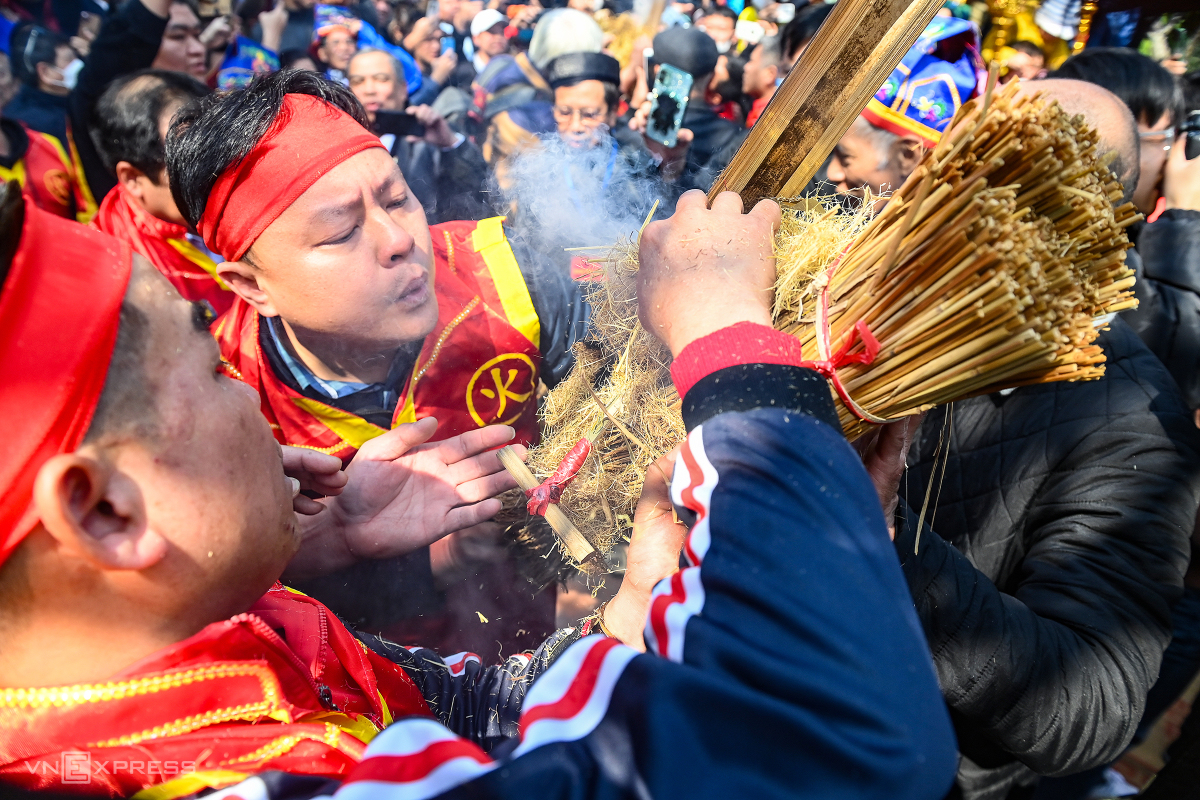

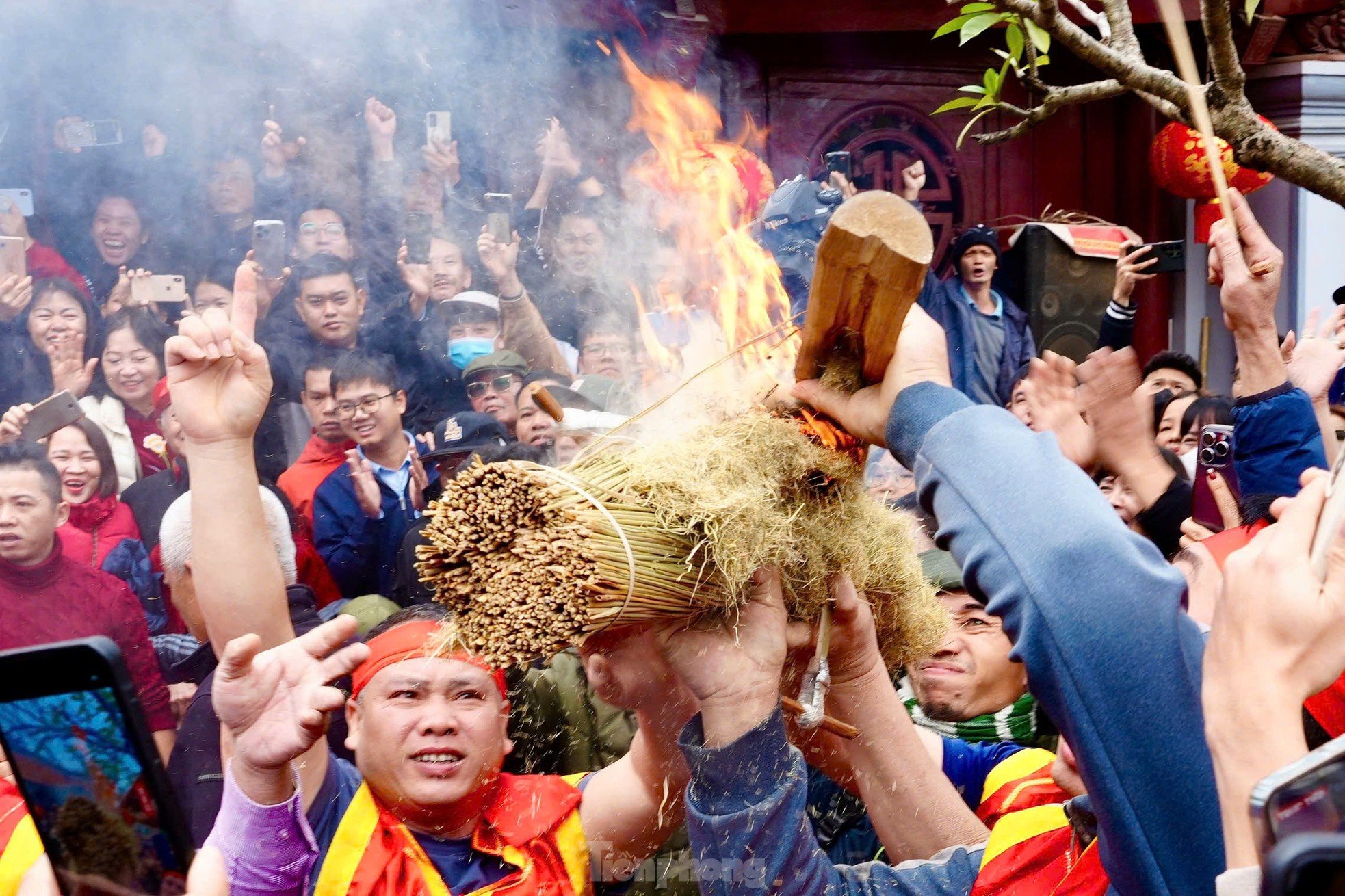







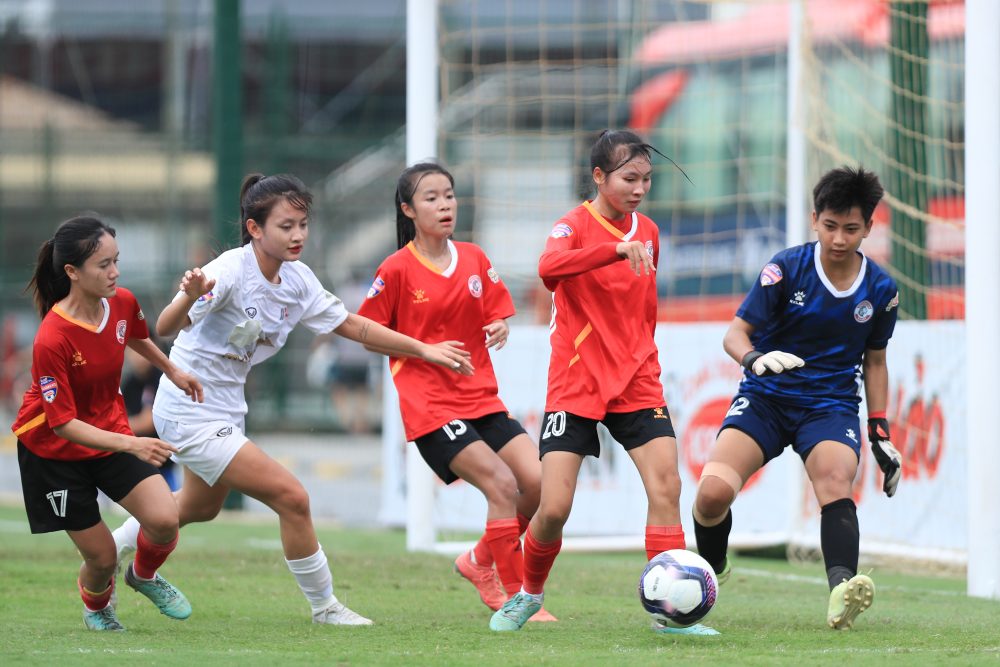




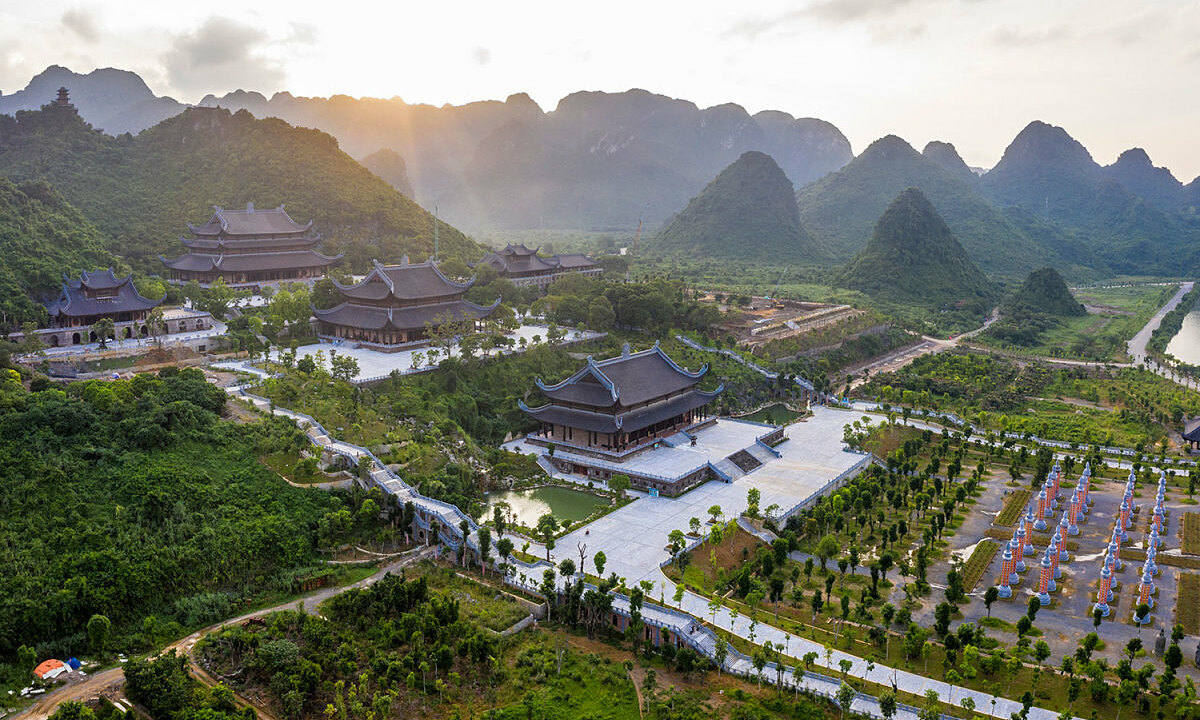
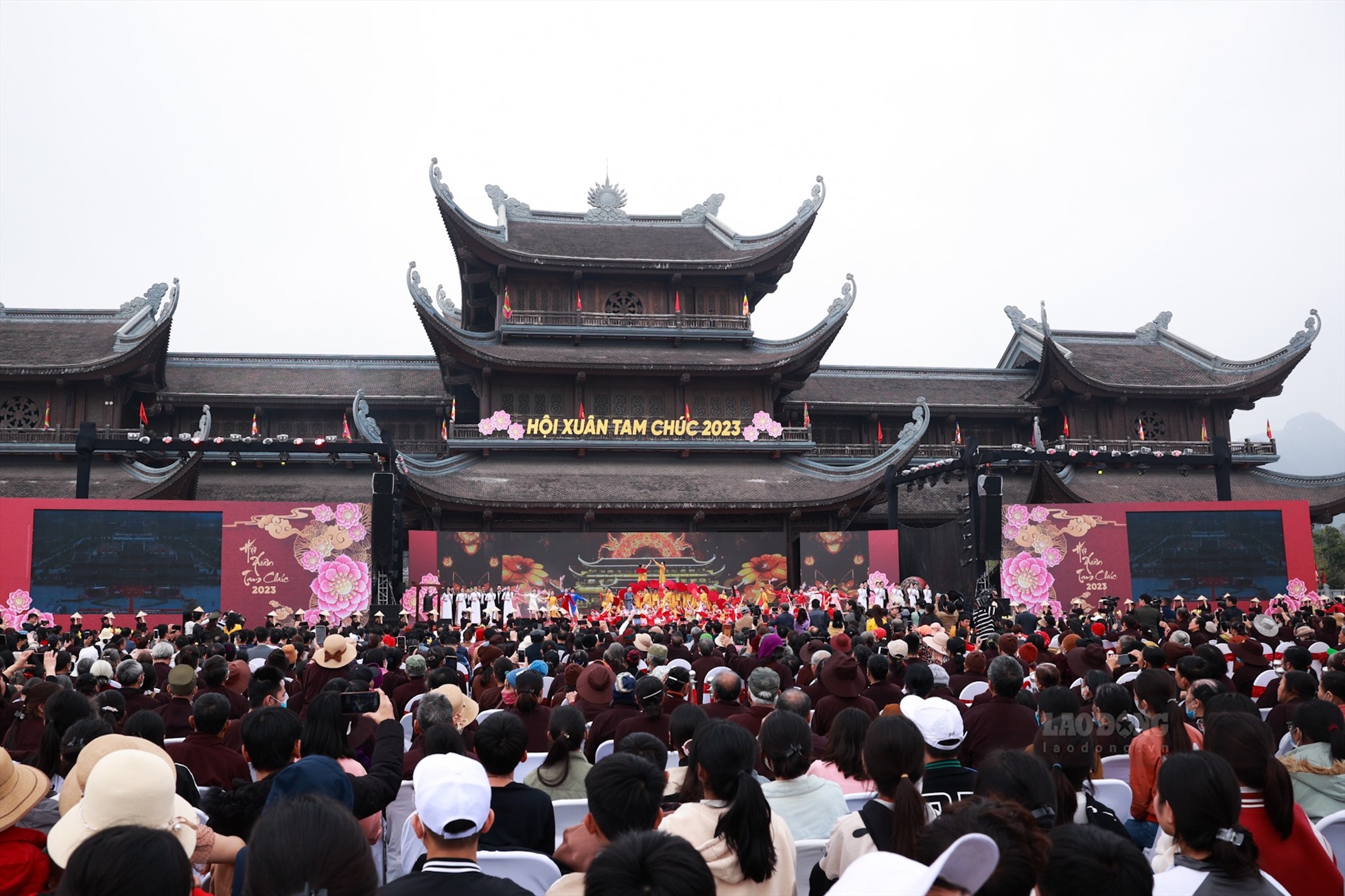









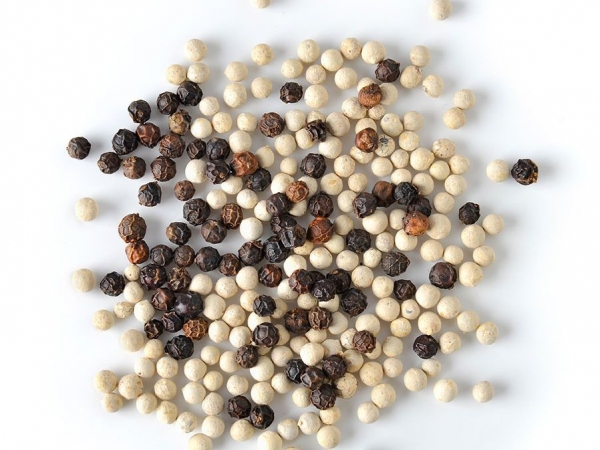
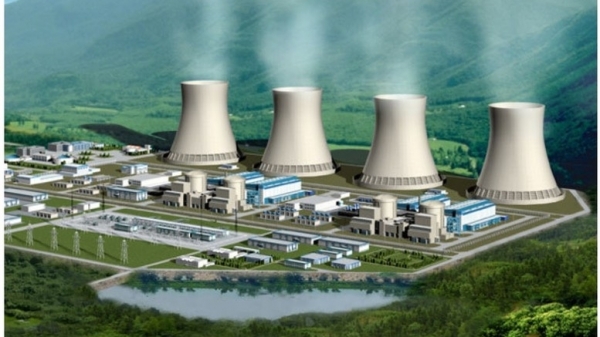
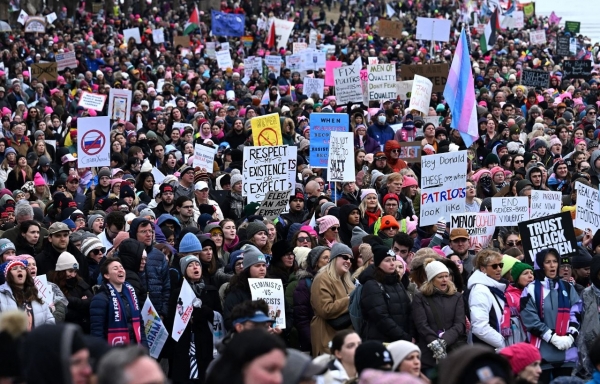







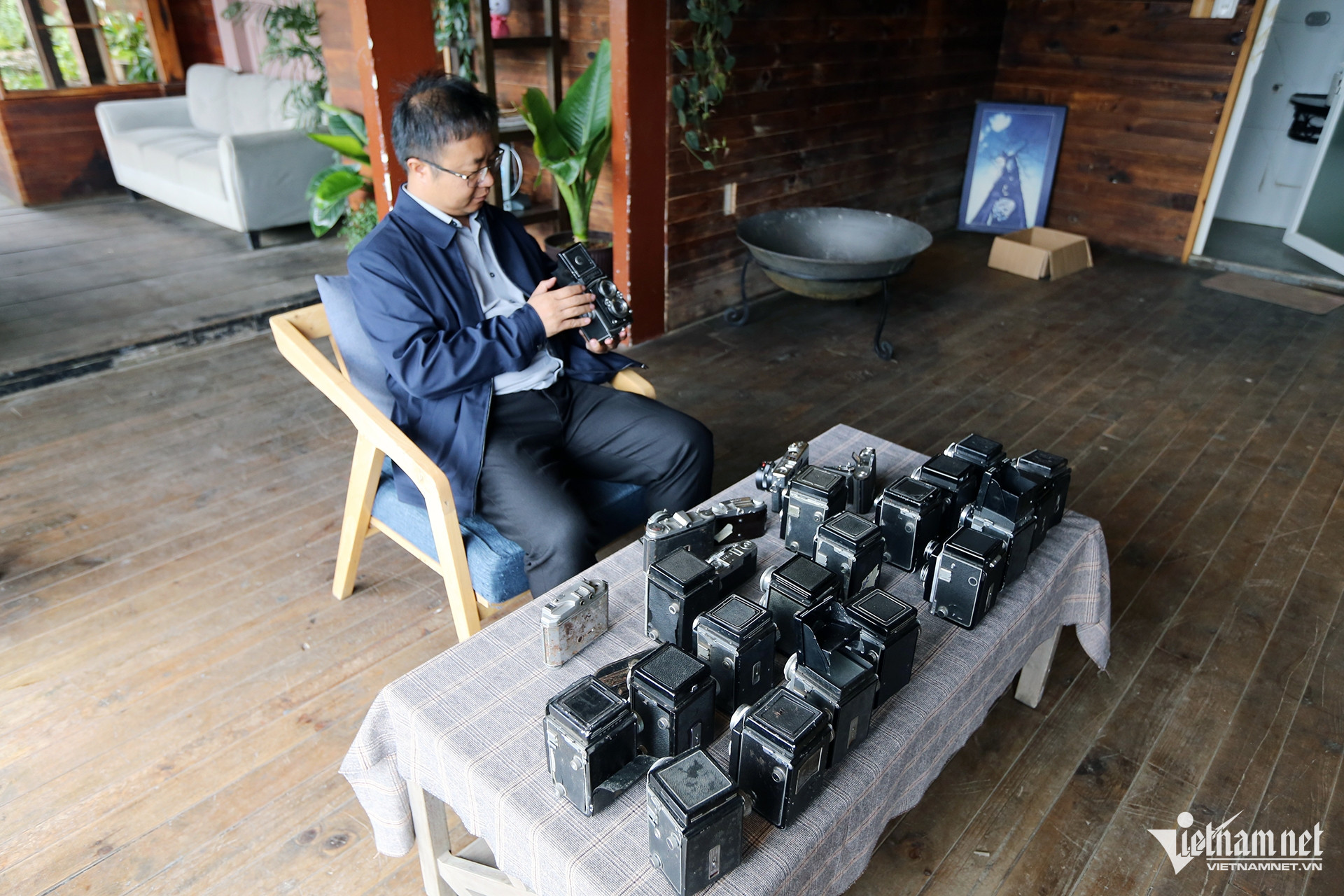









Comment (0)